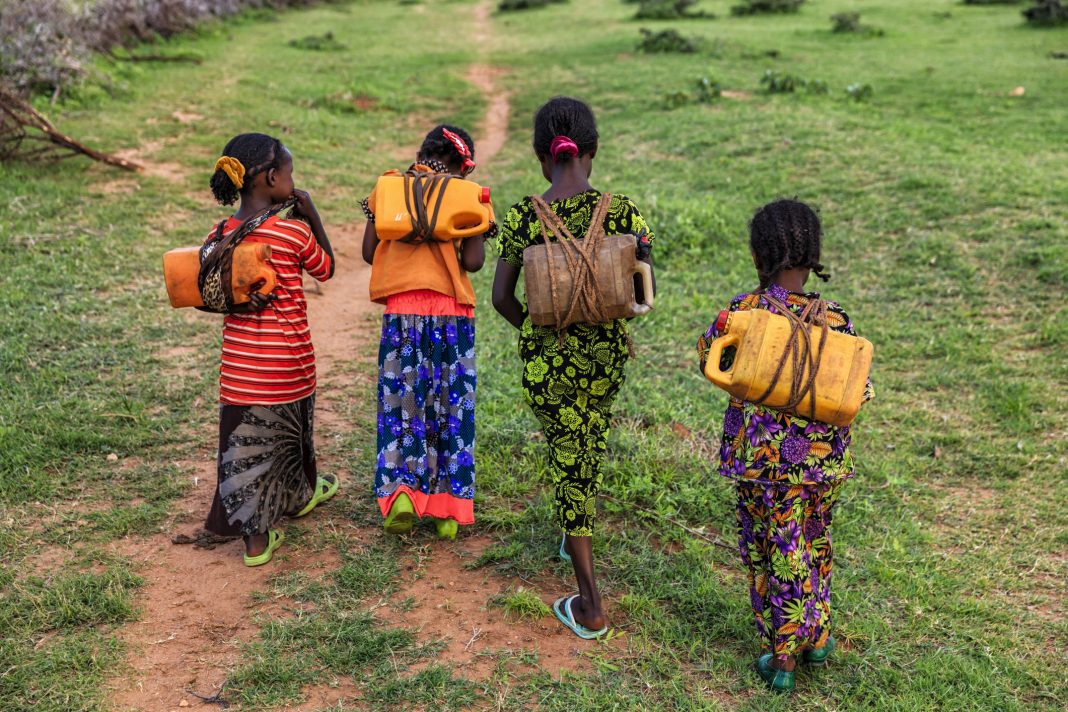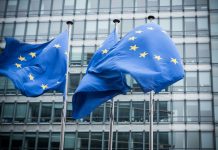Some of the private sectors can make a positive impact towards achieving the UN’s SDGs simply by paying tax – but also by exercising tax transparency
Progress on the UN’s Sustainable Development Goals (SDGs) has been slow. Designed as a “shared blueprint for peace and prosperity for people and the planet now and into the future”, attaining human rights for all is imperative and has been a struggle, especially since COVID-19.
Tax is pivotal to supporting human rights and the SDGs. However, the global community needs to ensure the structures are in place to promote fair tax practices like tax transparency and reduce tax avoidance, to properly allocate fair and ethical tax revenue to those that need it most.
Multinational organisations that pay their share of in-country taxes contribute positively to tackling global poverty and international human rights.
Tax transparency and ethical allocation can contribute positively to global poverty
A study led by the University of St. Andrews considered the impact on fundamental rights if governments kept allocating their budget in the same way as they had in the past – emphasising the potential impact other companies could have if they followed this tax transparency approach.
Promoting tax transparency can help avoid corruption
The study focuses on the country-by-country tax payments record of Vodafone Group Plc, highlighting the positive impact multinational companies have on achieving the UN’s global Sustainable Development Goals (SDGs) by paying taxes and promoting tax transparency – which can help avoid corruption.
Looking at taxes in the Democratic Republic of Congo, Ghana, Kenya, Lesotho, Mozambique and Tanzania
Looking at Vodafone Group’s tax activities in six African countries, the team of researchers used an econometric model to analyse how many people accessed their rights when their governments had an increase in revenue equivalent to the corporation tax paid by Vodafone.
It was found that tax contributions help those countries progress towards the SDGs in numerous ways: this tax revenue collected allowed 966,188 people to access clean water, and 1,371,972 people to access basic sanitation; as a result, an additional 54,275 children under five years and 3655 mothers survived.
1,371,972 people to access basic sanitation
The tax revenue also allowed 858,054 children to spend an extra year in school
Lead author of the research Dr Eilish Hannah, from the School of Medicine at the University of St Andrews, said: “The exciting thing about this finding is that it demonstrates that we can all contribute to SDG progress and human rights, both at home and overseas, by engaging with companies that pay fair and transparent taxes and encouraging other companies to do the same.”
Michael Masiya, from the African Centre for Tax and Economic Studies (ACTES), Blantyre, Malawi, added: “In the era of post-pandemic setbacks, taxes are essential to getting Sub-Saharan African countries back on the road to economic recovery and achieving the SDGs. Every compliant taxpayer, no matter how big or small, can significantly add to this endeavour.”
This study was led by a team of researchers from the University of St Andrews’ School of Medicine in collaboration with the University of Leicester and the African Centre for Tax and Economic Studies (ACTES).











